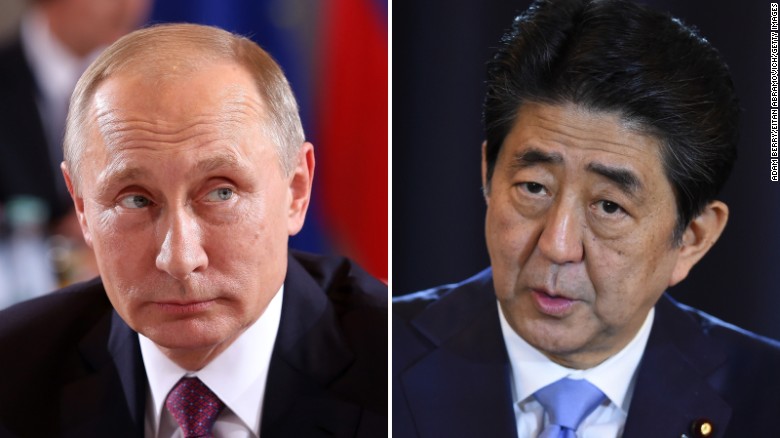Can Putin, Abe change Asia-Pacific power dynamic?
They're the islands where World War II never ended and now they're the focal point of a rare meeting between the leaders of Japan and Russia.
Russian President Vladimir Putin makes his first visit to Japan in 11 years on Thursday with Tokyo hopeful of progress in getting Russia to return islands in the Kuril chain that the then-Soviet Union seized three days after Japan's surrender at the end of World War II.
It's been a sore spot in Japan-Russia relations for the past 71 years and is something that both Moscow and Tokyo are looking to leverage to enhance their security and economic interests in the Pacific.
Putin has been looking to shore up ties in Asia as part of what analysts have called Russia's "turn to the east" as US and European sanctions following Russia's annexation of Crimea took a toll.
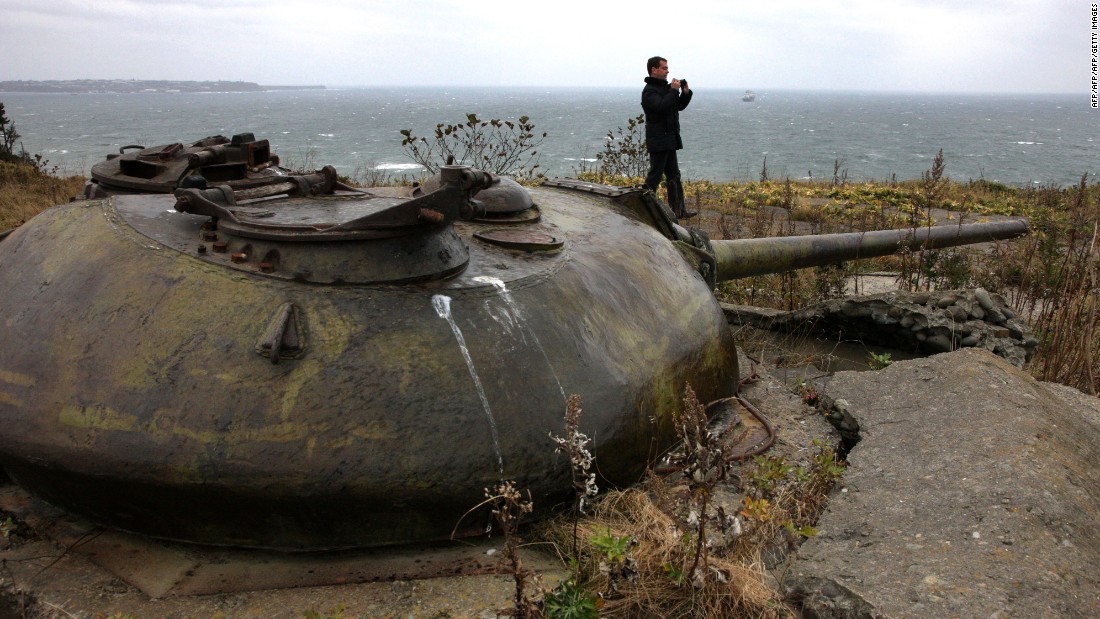
Then-Russian President and now Prime Minister Dmitry Medvedev walks near a Soviet-era fortifications during his visit to Kunashir, one of the Kuril islands, on November 1, 2010.
Meanwhile, Japanese Prime Minister Shinzo Abe sees a chance for Japan to get access to the rich resources of Russia's far east, a move that could help Japan's economy while delivering a blow to rival China, which now imports much of those resources.
The 56-island Kuril chain stretches northward from Japan's northern island of Hokkaido toward Russia's Kamchatka Peninsula. They became part of Russia with the dissolution of the Soviet Union in 1991.
Japan claims four of the islands as its "Northern Territories."
Strategic chokepoints
The Kurils guard over a line of access points for the Russian navy between the Sea of Okhotsk the west and the open Pacific Ocean to the east.
The then-Soviet Union attacked them in 1945 nine days after the United States dropped a second atomic bomb on Japan at Nagasaki and a devastated Japan was in little position to put up much of a defense.
Now Tokyo senses a chance to get the islands back as Putin looks for economic investment in the islands and across Russia's development-poor eastern region.
However, don't hold your breath for that overdue peace treaty or Russia giving up any control over the islands, is the advice many analysts have for Abe.
The reasons are twofold: One, the military value to Russia.
The islands protect sea lanes vital to Russia's Pacific Fleet, which move from bases along Russia's eastern seaboard.
Russian installations on the islands also enable it to monitor movements of US and Japanese naval forces along Russia northeastern coast."The Sea of Okhost has to be a Russian lake. The Russians can't guarantee that if they don't hold the islands," said Carl Schuster, a professor at Hawaii Pacific University and former director of operations at the US Pacific Command's Joint Intelligence Center.
Two, giving back territory is just not something that happens in Putin's Russia.
"I have a hard time imagining Putin signing an agreement with Japan ceding even a few of the islands because Russian policy is so nationalistic these days," Gerry Hudson, an associate at Ohio State University's Mershon Center for International Security Studies told CNN in an email.
"Giving away territory does not seem to be in the cards."
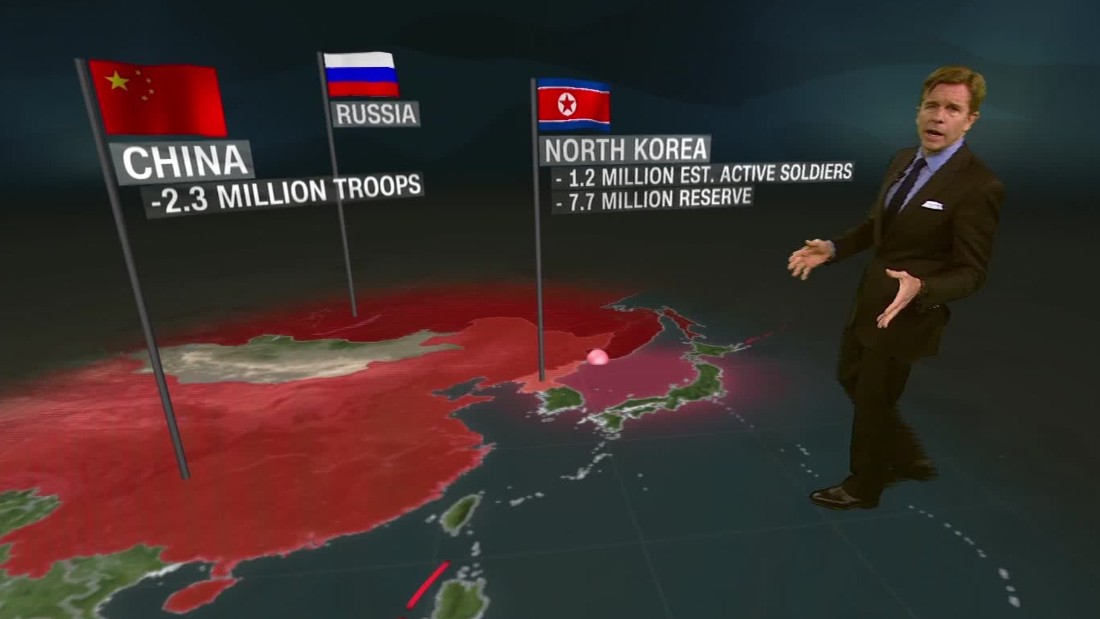
The future of US defense cooperation in Asia
Putin's Asia strategy
Analysts say negotiations over the islands fit into Putin's strategy in Asia, which is to exploit small fractures in alliances to roil the waters just enough that Russia gains diplomatic and economic advantages without giving up anything concrete.
"The Russian side is using the islands as a diplomatic ploy. They don't have any intention of settling the islands issue," said James Brown, an associate professor of political science at Temple University in Tokyo.
"Perhaps all of these Japanese desires to deal with Russia would largely disappear as they would have their islands back."
Negotiating with Japan also sends a message to Washington, says William Courtney, a former US diplomat and adjunct senior fellow at the RAND think tank in Washington.
"Russia hopes to weaken support for US military basing and deployments, and to undermine public support in Japan for increasing military preparedness," he said in an email to CNN.
Resurgent Japan military 'can stand toe to toe with anybody'
Is Russia a player in the Pacific?
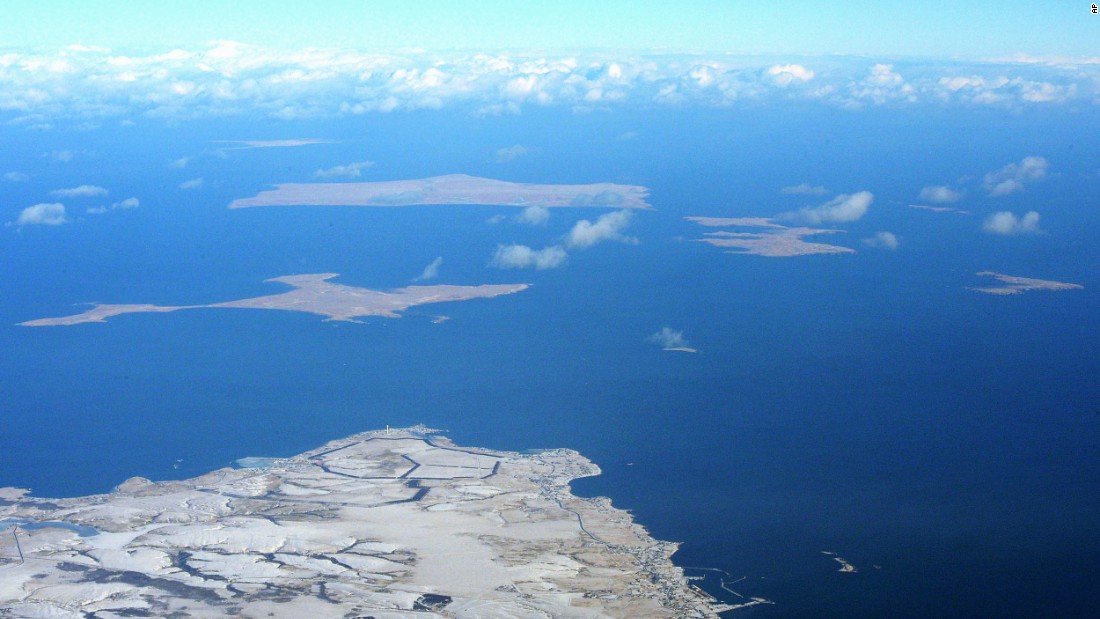
The Kuril Islands sit on routes the Russian navy can use to get into the open Pacific.
A loss of Russian control in the Kurils could open up them up to use by the US military because of its defense ties to Japan's Self-Defense Force.
And that could make it easier for the US to monitor Russia's submarines, which are its most-threatening platform in the Pacific.
Russia subs outnumber its surface vessels in the Pacific four to one, analysts say.
"In a conventional conflict, Russia's submarine power in the Pacific, particularly if used in defensively, could threaten some US and Japanese naval forces," Courtney said.
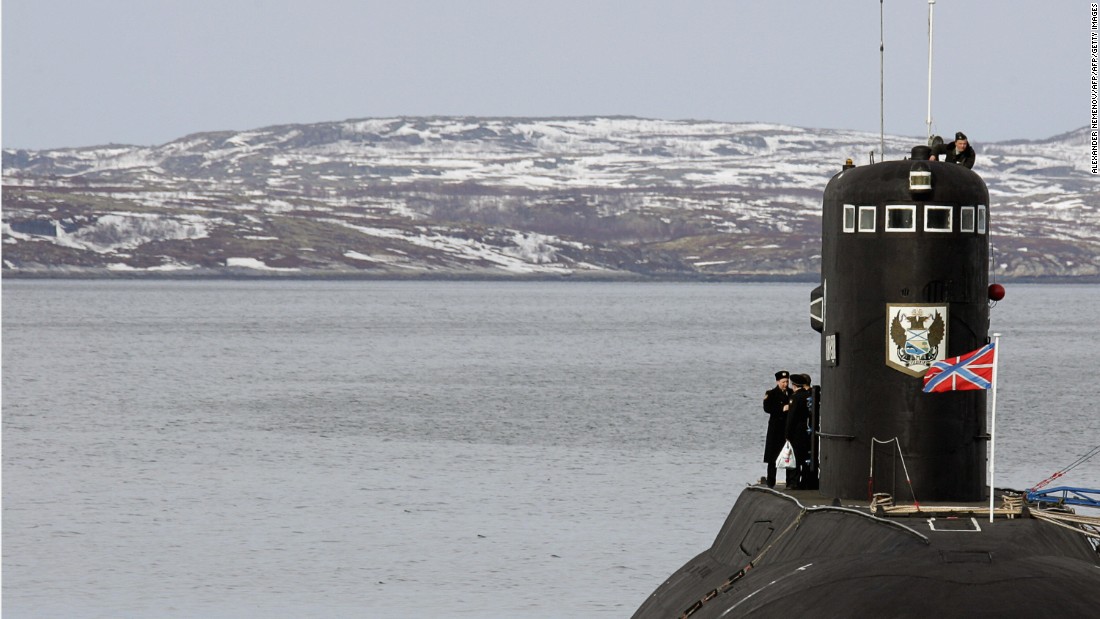
A Russian Kilo-class submarine.
Russia's Kilo class, diesel-electric powered subs may be the biggest naval threat, Schuster said.
"When it is on batteries, it is the quietest submarine in the world," he said. And that makes them a threat to the US Navy's most important platforms -- aircraft carriers -- one of which, the USS Ronald Reagan, is based in Japan.
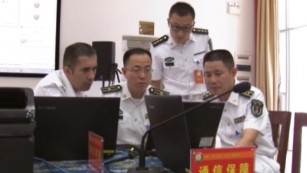
Chinese, Russian forces drill in South China Sea
Beyond that, analysts consider the Russian military in the Pacific to be a largely defensive force, but one that could be a significant distraction in the event of a US or Japanese confrontation with China, a long-standing Russian ally.
Without Pearl Harbor, a different world?
"In a Sino-American crisis, Russia's intentions and concerns about them would divert some US Navy attention and resources from the much greater (Chinese) Navy capabilities," Schuster said.
Spurning China?
Russia has recently held military exercises with China in the South China Sea and has deep ties with Beijing.
Putin has visited China at least 10 times since 2000, noticeably standing shoulder-to-shoulder with President Xi Jinping during a military parade to mark the 70th anniversary of the end of World War II.
But for all that, Putin is wary of Chinese influence over development in Russia's far east, say analysts. Right now, Japan comes with less to worry about in Moscow.
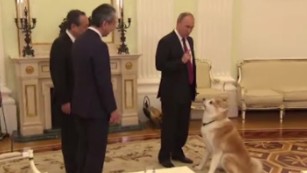
Putin's dog puts journalists in their place
It doesn't have nuclear weapons, it won't flood the region with foreign laborers and it doesn't share a land border with Russia, said Jun Okumura, a former official in Japan's economic ministry and visiting scholar at the Meiji Institute of Global Affairs.
That's why he's in Japan this week. He'll take that Japanese development money over the Chinese kind.
"This fear of China goes back more than a 100 years -- the fear of yellow horde goes back a millennium," he said.
"Japan is really the safe partner," Okumura said.
News Courtesy: www.cnn.com

